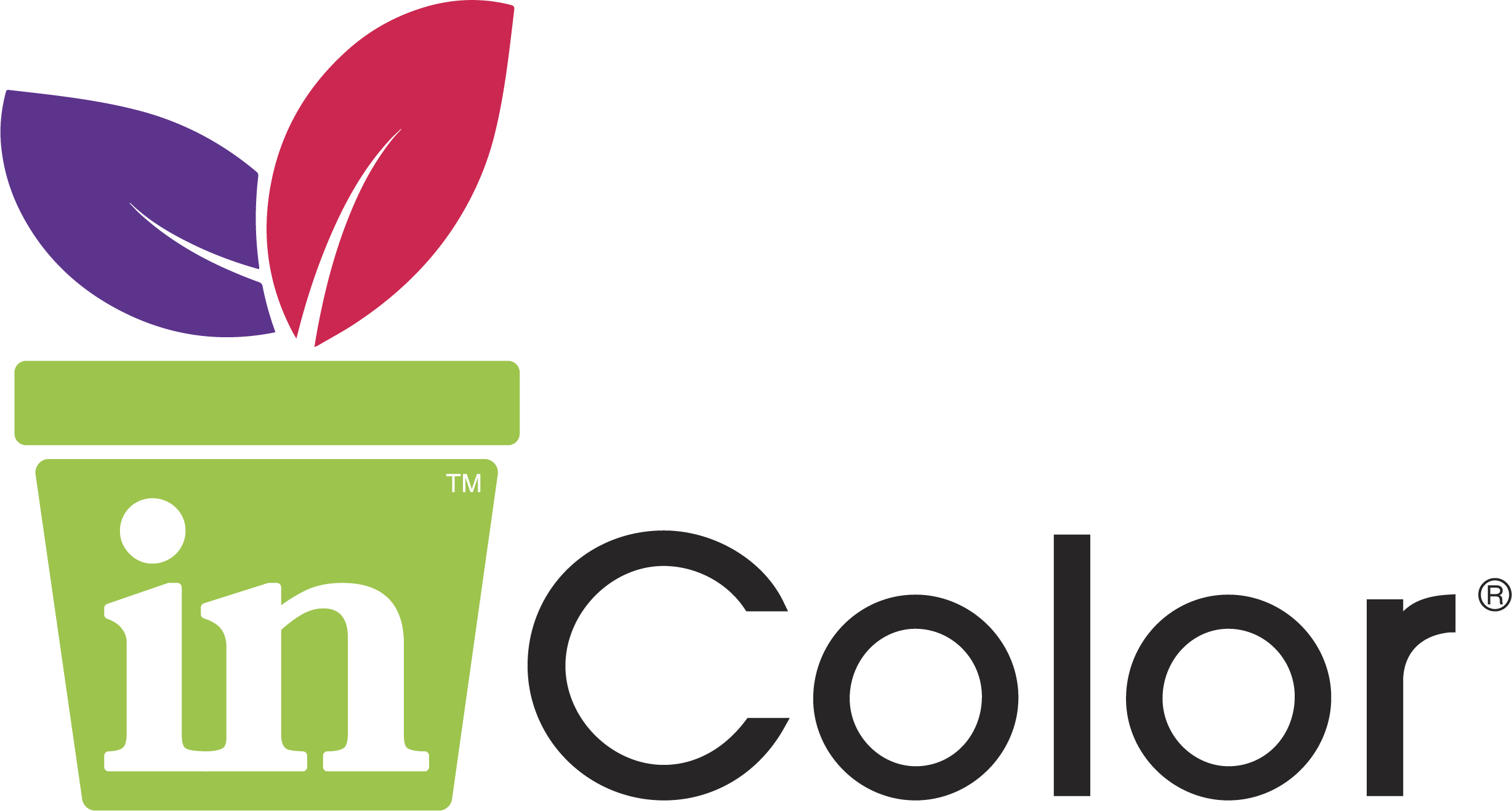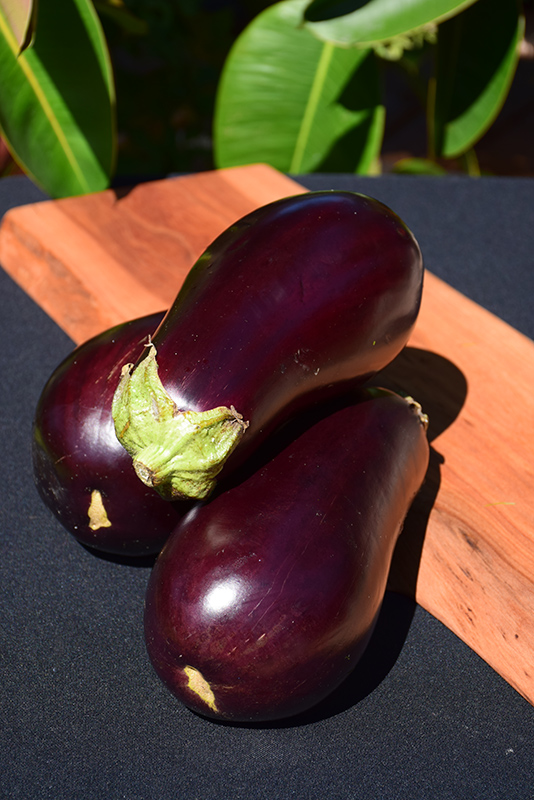Know Before You Go!
Get notified before our plants arrive in stores near you.
Plant Care Library
Height: 4 feet
Spread: 4 feet
Sunlight:
![]()
![]()
Hardiness Zone: (annual)
Description:
An exceptional garden plant producing subtle lavender flowers with pale yellow centers followed by interesting deep purple fruit; great for gardens or containers
Edible Qualities
Eggplant is an annual vegetable plant that is commonly grown for its edible qualities, although it does have ornamental merits as well. It produces deep purple round eggplants (which are technically 'berries') which are usually ready for picking in mid summer. The eggplants have a bitter taste and a firm texture.
The eggplants are most often used in the following ways:
- Cooking
Planting & Growing
Eggplant will grow to be about 4 feet tall at maturity, with a spread of 4 feet. This fast-growing vegetable plant will behave as an annual in our climate, which means that it can be expected to grow for one season in your garden and then die after producing a crop.
This plant can be integrated into a landscape or flower garden by creative gardeners, but is usually grown in a designated vegetable garden. It does best in full sun to partial shade. It prefers to grow in average to moist conditions, and shouldn't be allowed to dry out. It is not particular as to soil pH, but grows best in rich soils. It is somewhat tolerant of urban pollution. Consider applying a thick mulch around the root zone in winter to protect it in exposed locations or colder microclimates. This species is not originally from North America.
Eggplant is a good choice for the vegetable garden, but it is also well-suited for use in outdoor pots and containers. With its upright habit of growth, it is best suited for use as a 'thriller' in the 'spiller-thriller-filler' container combination; plant it near the center of the pot, surrounded by smaller plants and those that spill over the edges. It is even sizeable enough that it can be grown alone in a suitable container. Note that when growing plants in outdoor containers and baskets, they may require more frequent waterings than they would in the yard or garden.
A NetPS Plant Finder tool

